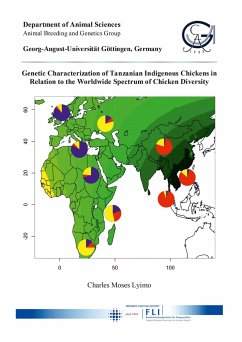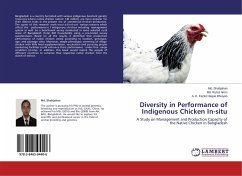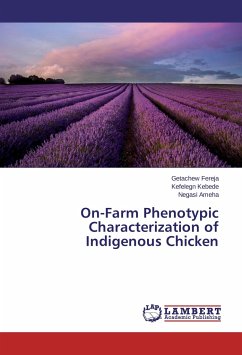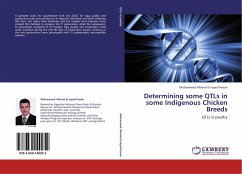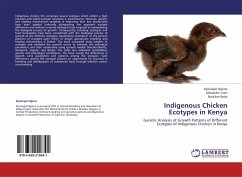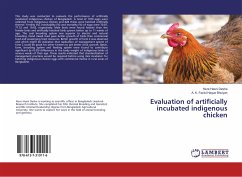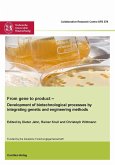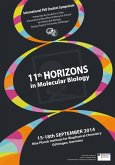Poultry production is the most dynamic sector that signified the rapid growth of all meat sectors during the last decades (FAO, 2010). The global growth of poultry industry reflects an increase of world meat demand and consumption (de Haan et al., 2001; Delego, 2003; Delgado et al., 2008; Narrod et al., 2008; Trostle and Seeley, 2013; FAO 2014). Among the poultry species, chickens are the humankind¿s most common and widespread birds. Chicken meat represents 88% of poultry meat output (Global Poultry Trends, 2014). Although the demand of chicken products has increased tremendously due to not only the fast growth of world population but also the increase of per capita global consumption of meat, nearly one third of chicken breeds are reported to be at risk of extinction (Pym, 2010). This is alarming and thereby calls for an assessment of the existing genetic resources, because many of the varieties which are at risk may have traits that can be valuable in future environmental challenges and marketing demands. Genetic variability in chickens is the best insurance for the adaptation and sustainable production for the future unpredictable needs (Simianer and Meyer, 2003). One of the important elements concerning sustainable use of animal genetic resources is to ensure that locally adapted populations remain a functional part of production systems.
Hinweis: Dieser Artikel kann nur an eine deutsche Lieferadresse ausgeliefert werden.
Hinweis: Dieser Artikel kann nur an eine deutsche Lieferadresse ausgeliefert werden.

